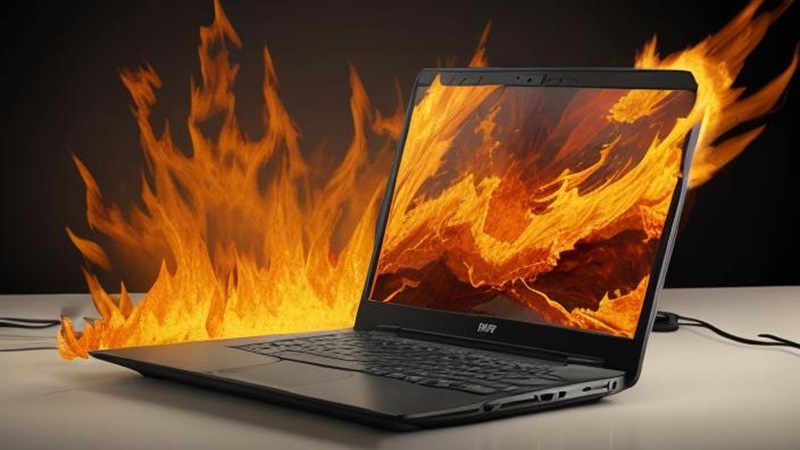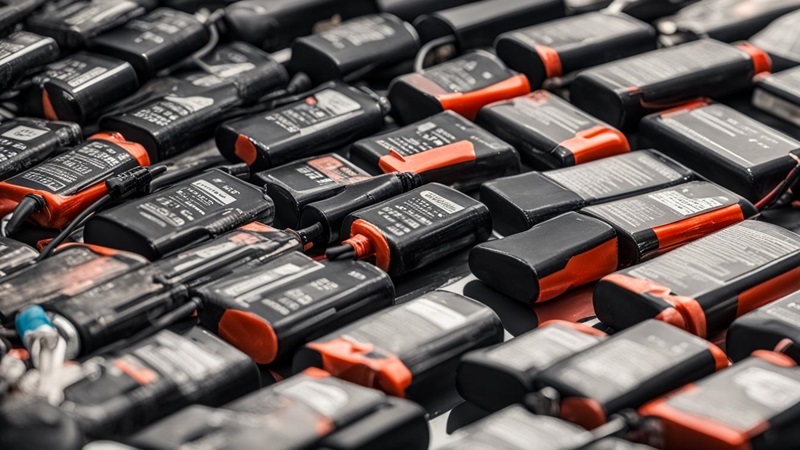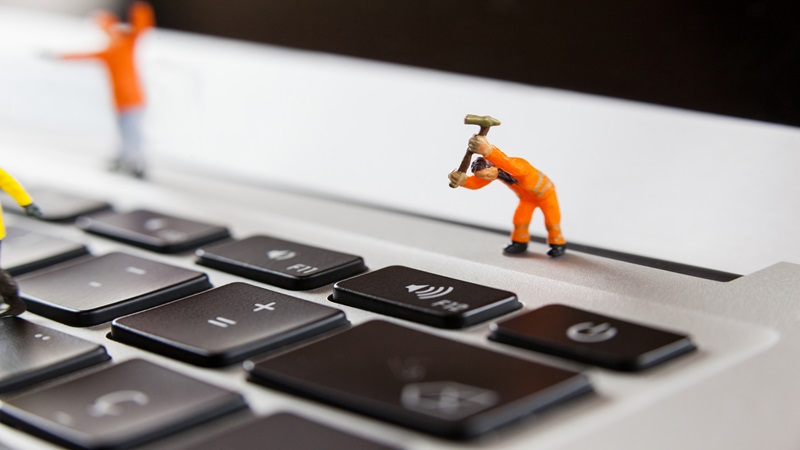Why my laptop is not charging?

In today’s fast-paced world, a laptop that won’t charge can become a major hindrance that can affect both your personal and professional activities. Understanding the cause of this problem is critical to achieving a quick and effective solution.
In this article, we will explain the most common reasons why a laptop will not charge and consider possible solutions.

Checking the power supply
The first step in troubleshooting a laptop that won’t charge is to check the power components.
Adapter failure
Make sure the power supply is working. Inspect the device for physical damage, loose connections, or burnt components. If possible, test your adapter on another device or use an adapter that has been proven to work with your laptop.
Socket issues
Sometimes the problem is with the power supply. Try connecting your laptop to a different outlet. A defective socket or power strip can prevent your laptop from receiving consistent power.
Checking the battery and hardware
Battery status
Assess the health of your laptop battery. Batteries degrade over time, and defective batteries may no longer hold a charge. Most modern laptops have built-in battery health diagnostics.
If your battery is old or damaged, use these tools or consider replacing it.

Hardware connection
Examine the physical connections between the battery, power connector, and motherboard.
Loose connections or damaged hardware can interfere with the charging process. If necessary, open your laptop (or seek professional help) and check these components.
Software and operating system issues
Update the driver and his BIOS
Outdated drivers or his BIOS firmware may cause loading issues.
Check your laptop manufacturer’s website for the latest drivers and BIOS updates. Please follow the manufacturer’s instructions to systematically install these updates.

Operating system settings
Certain operating system power settings may prevent charging. Go to your power settings and make sure there are no charging restrictions. Charging issues may be resolved by simply adjusting your power management settings.
Environmental Factors and External Devices
Temperature concerns
Extreme temperatures can affect battery performance. Excessively hot or cold environments may prevent charging. Always operate your laptop within the recommended temperature range.

External devices and ports
Disconnect all external devices and peripherals. A faulty USB port or connected device can draw too much power and prevent your laptop from charging. Reconnect devices one at a time to determine the cause.
Seek professional help
If your laptop still refuses to charge after careful troubleshooting, it may be time to seek professional help.
Certified technicians will perform a detailed analysis of your laptop’s internal components, identify the root cause, and provide a comprehensive solution.
Please note that resolving charging issues often requires a combination of technical expertise and systematic diagnostics.
By following these steps, you have a better chance of identifying and fixing the problem and restoring full functionality to your laptop.



